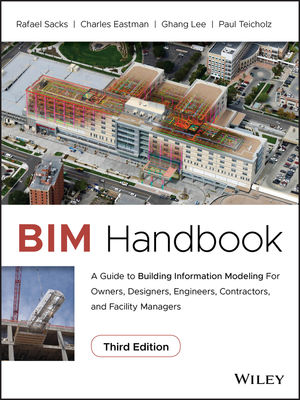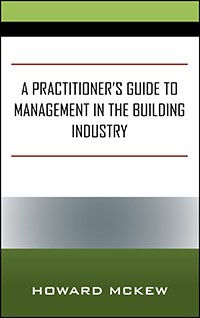And who makes up the team? In the case of a design-build-facility management (D-B-FM) project, the obvious positions are the project manager, design engineer, and estimator. Those not often perceived as part of a winning job are the administrative help, accounting, CAD operators, designers, pipe fitters, foreman, etc. Often, these positions go without notice and/or due recognition while these individuals accept their behind-the-scene role. They are the true team players.
There Is No 'I' In 'Team'
So what makes up the common traits of ordinary business professionals? First, these individuals possess good work ethics, are conscientious, and willing to work with others. They also need to be willing to complete any task required to get the job done. Superstars need not apply if their ego is going to get in the way of teamwork. This business requires practical, not prodigy. We are not building something to take us to the moon. The building industry is far simpler than that and so we need good engineers, administrators, accountants, etc., not rocket scientists! More importantly, we are looking for predictable results and not unique results.
Good D-B-FM is built on good business practice by employees who can balance this with practical, fundamentally sound, standardized procedures. These individuals need to be able to avoid getting bogged down with details when details don't count as much as production; when simplicity is better applied than sophistication; when communication works better than e-mail; and when lessons learned means more than re-engineering.
Honesty As The Best Policy, Revisited
Integral with work ethics and practical sense is honesty, a person's word, and a person's actions. Today, many politicians and business ceo's have introduced their alternative to these three employee characteristics; damage control, spin control, and denial. We "work-a-bees" don't have the financial luxury or interest in including these tools into our project business plan. Instead, accountability and being a moneymaking performer are attributes that regular employees should strive for and not shy away from. A lot of personal satisfaction results from getting the job done and doing so at a reasonable profit.So why the emphasis on ordinary workers? Today, companies are looking to hire the very best people for their firm and something can get lost in the process. Expectations are high and the results can be less than the expectations. Emphasis on project success should be focused on the project "deliverables" and how this can be done efficiently and effectively. The solution is not in hiring special people. The solution is in simplicity, standardization, and an importance on being profitable. If the D-B-FM process is difficult, then the project will either not be successful or the firm doing the work will not be profitable. The answer is building a business around a few good, ordinary people. ES



